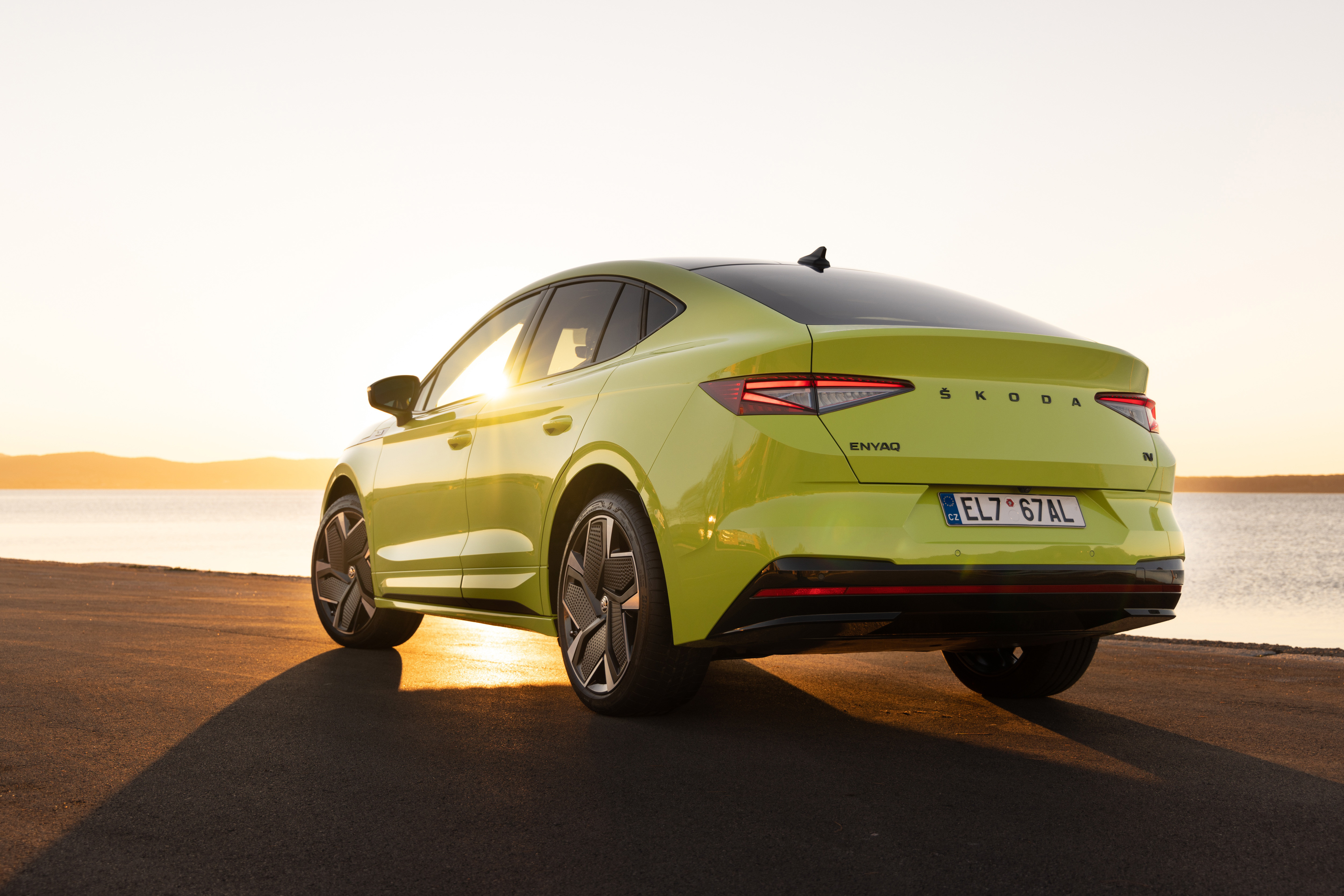The future is MODERN SOLID

A new design language and new electric cars. The near future will see ŠKODA becoming more dynamic than ever as the Czech carmaker continues to modernise. That was the message at this year’s Annual Press Conference.
31. 3. 2022 Škoda WorldMedia Box
4 images
Show more
Show less

















